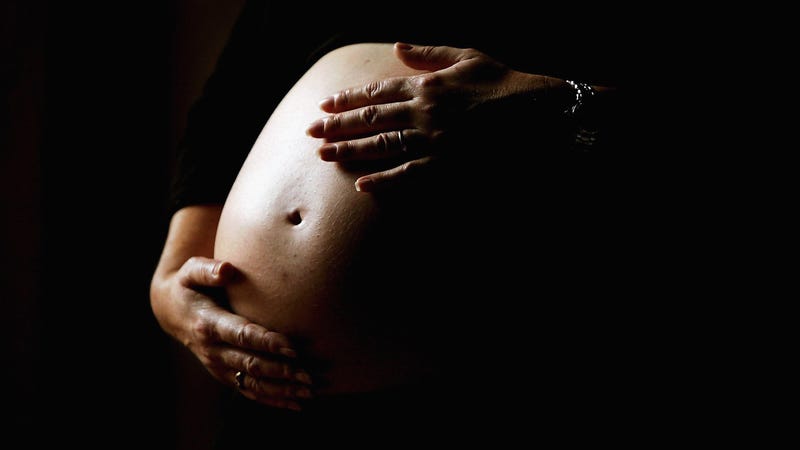shyt bout to hit the fan 

As Soon as 2025, Climate Change Could Cause More Birth Defects in the US

Looks like climate change may be breaking hearts in the near future. Literally.
A new study out in the Journal of the American Heart Association Wednesday reveals the ways more intense heat and longer heat events as a result of our warming world will impact pregnant mothers and their unborn babies. In short: The U.S. will see more newborns with congenital heart defects by 2025, especially in the South, Northeast, and Midwest.
The preliminary paper pulled data from the National Birth Defects Prevention Study, the largest of its kind, which looked at about 482,000 births a year between 1997 through 2007 from California to Arkansas. The authors then coupled this data with climate models to project how the number of congenital heart defects would change in a warmer world.
Congenital heart defects happen when a baby’s heart doesn’t develop correctly. This could include a hole in the heart or some leaky valves. It’s nothing to take lightly; it’s the leading cause of infant mortality and morbidity in the U.S. and affects about 40,000 newborns a year.
“Our findings underscore the alarming impact of climate change on human health and highlight the need for improved preparedness to deal the anticipated rise in a complex condition that often requires lifelong care and follow-up,” study senior author Shao Lin, professor in the University of Albany’s School of Public Health, said in a press release.
The western states won’t see much of an increase in the rate of these birth defects; the study estimates fewer than 20 additional cases between 2025 and 2035. In the South and Northeast, however, more than 2,000 additional cases may pop up in each region between these years. This represents a 12 percent and 38 percent increase in various heart birth defects for the South and Northeast, respectively.
This study builds off previous research that found links between maternal heat exposure and congenital heart defects. The team of researchers also controlled for the mother’s race, education level, body mass index, and family history to ensure they weren’t skewing any of the results. The study doesn’t account for any potential heat adaptation humans may experience in this time frame. It also relies on a single climate scenario, which isn’t ideal, but the authors argue that this trend should appear in any climate scenario where temperatures are rising.
And rise they will. The point of this study is to inform public health professionals so that they prepare—and save as many newborns as they can.
https://earther.gizmodo.com/as-soon-as-2025-climate-change-could-cause-more-birth-1832204940


